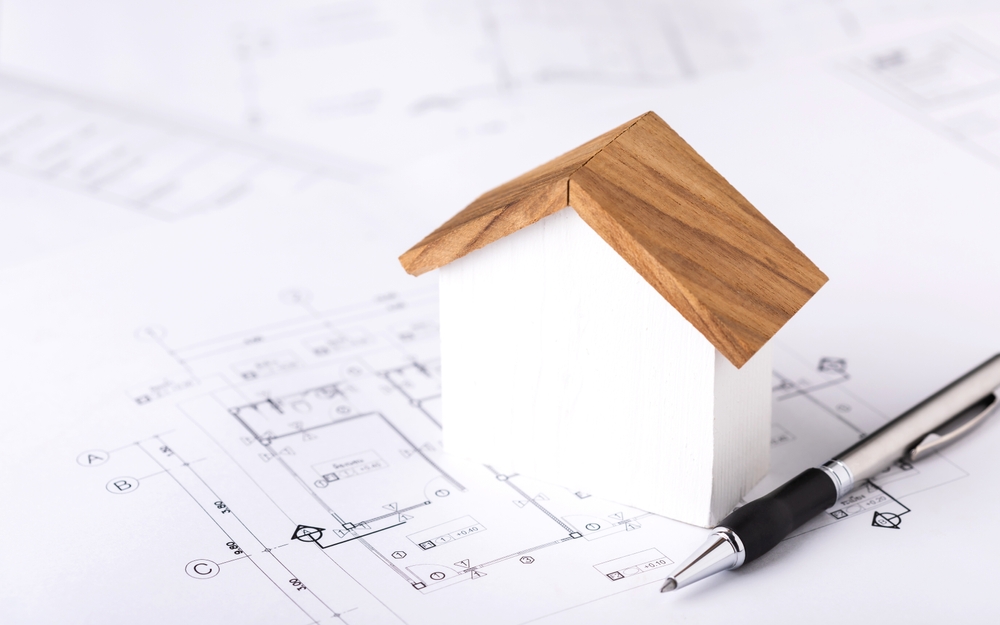Understanding Canada’s 2025 Building Code Updates
The 2025 National Building Code of Canada (NBC) and its provincial counterparts introduce new requirements for plumbing, electrical, and HVAC systems. Whether you’re a homeowner planning renovations or a contractor staying compliant, knowing these changes is crucial.
Key 2025 Plumbing Code Changes
- Low-Flow Fixture Requirements: Nationwide adoption of ultra-low flush toilets (4.8 L/flush or less) and low-flow showerheads to meet water conservation targets.
- Backflow Prevention: Mandatory installation of backflow prevention devices in all new builds and major remodels.
- Greywater Systems: Updated provisions to allow residential greywater reuse in more provinces.
Electrical Code Updates in 2025
- EV Charger Readiness: All new homes must be wired for Level 2 EV chargers.
- Arc-Fault & Ground-Fault Protection: Expanded AFCI and GFCI coverage in kitchens, laundry rooms, and exterior outlets.
- Smart Panels: Encouragement (and in some provinces, incentives) for smart electrical panels to monitor usage and integrate renewable power.
HVAC & Energy Efficiency Standards
- Heat Pump Incentives: Provincial codes now align with federal climate goals, requiring high-efficiency heating/cooling systems in most new builds.
- Duct Insulation Requirements: Increased R-value minimums for ducting in unconditioned spaces.
- Gas Furnace Restrictions: Some provinces (notably B.C. and Quebec) are phasing out new gas furnace installations by 2030, with step-up requirements starting in 2025.
Regional Variations
While the NBC sets national standards, Ontario, B.C., and Quebec maintain their own supplementary codes:
- Ontario: Stricter energy efficiency compliance under SB-12.
- B.C.: Step Code mandates higher energy performance tiers for new homes.
- Quebec: New rules for plumbing insulation in cold zones.
How to Stay Compliant
- Hire Licensed Trades: Ensure all plumbing, electrical, and HVAC work is done by certified professionals.
- Pull the Right Permits: Code changes often mean permit requirements have shifted.
- Plan Ahead for Rebates: Many upgrades (like heat pumps or smart panels) qualify for incentives.
Final Thoughts
2025’s building code updates push for greater safety, energy efficiency, and climate adaptation. By staying ahead of these changes, homeowners can avoid costly retrofits later and take advantage of available incentives.
Thinking of renovating or building in 2025? Speak to a licensed contractor familiar with your province’s latest code requirements to save money and ensure compliance.
